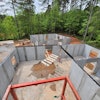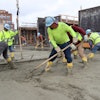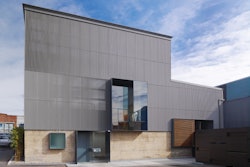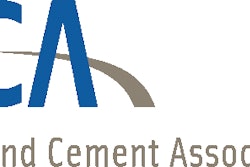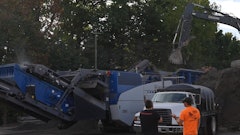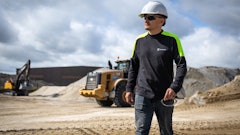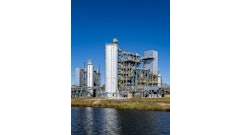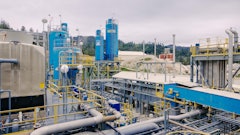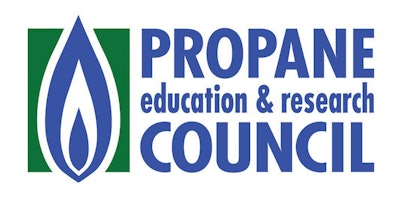
When the American Taxpayer Relief Act of 2012 was passed earlier this year, contractors and homeowners were rewarded for energy-efficient construction and high-efficiency appliances through renewed and revised federal tax incentives.
Propane-fueled appliances are an ideal solution to help builders and homeowners quickly qualify for these incentives while reducing overall energy consumption. Propane-fueled tankless water heaters can cost up to 50 percent less to operate than standard electric storage units and prevent over a ton of greenhouse gas emissions from entering the atmosphere each year. Propane-fueled furnaces emit nearly 70 percent fewer greenhouse gas emissions than electric models.
“There are many propane-fueled products that help builders and homeowners save money and reduce their environmental footprint,” Bridget Scanlon, director of residential and commercial programs for the Propane Education & Research Council, said. “Choosing a comprehensive propane-fueled appliance solution is a cost-effective and simple way to maximize energy efficiency and qualify for reinstated tax incentives.”
The bill extended two federal tax credits through 2013, including a business tax credit that offers builders up to $2,000 toward new and renovated energy-efficient residences, and an individual tax credit that offers homeowners up to $300 for energy-efficient residential improvements and appliances.
Business Tax Credit
Builders, contractors, and developers can apply for up to $2,000 in business tax credits for new or renovated homes completed in 2012 and 2013 that reduce heating and cooling energy consumption by 50 percent relative to the 2006 International Energy Conservation Code (IECC).
The 2006 IECC code requirements can be met, in part, by using high-efficiency space and water heating including propane-fueled furnaces, boilers, and tankless water heaters. Developers of low-rise multifamily properties can also claim credits for each individual “dwelling unit,” which increases the overall value of the incentive.
Individual Tax Credit
Homeowners who install high-efficiency space- and water-heating appliances are eligible for the individual tax credit. Like the business tax credit, the individual tax credit applies retroactively to equipment placed in service in 2012 as well as 2013. Propane-fueled, high-efficiency space- and water-heating equipment can help homeowners meet these requirements quickly, while providing additional benefits.
“Propane-fueled appliances deliver convenient, high-value heat and power while reducing harmful emissions and energy costs compared with oil-fueled or electric appliances,” Scanlon said.
To qualify for a tax credit of up to $150 on home heating appliances, a homeowner’s propane furnace or boiler must meet an annual fuel use efficiency, or AFUE, of 95 or higher. To qualify for a tax credit of up to a $300 on water heating appliances, a homeowner’s water heater must have an energy factor of at least 0.82 or a thermal efficiency of at least 90 percent.
Other Deductions and Incentives
Additional green building tax deductions and credits are available from the federal government. The Energy-Efficient Commercial Buildings Tax Deduction provides a deduction of up to $1.80 per square foot to commercial building owners or tenants who reduce the building’s total energy and power cost by at least 50 percent relative to ASHRAE Standard 90.1-2001.
All federal tax credits can also be combined with energy efficiency and green-building incentives from state and local governments and organizations.
To learn more about available federal tax credits, talk to your tax adviser, or visit irs.gov.
To calculate annual energy savings with propane-fueled appliances, or for more information on how to incorporate propane products in an upcoming building project, visit buildwithpropane.com.

